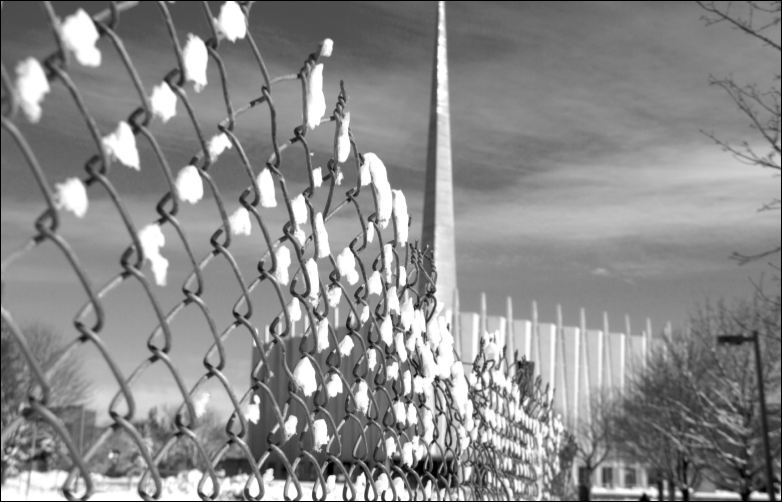Let’s face it: Gustavus faces a community problem.
Greek Life is currently a walking corpse.
Student organizations have falling attendance numbers—Student Senate had an uncontested co-presidential election, and I’m sure everyone has heard the rumblings that went on within the Building Bridges membership this year.
But perhaps most devastating, the lack of off-campus houses has created a social void that remains unfilled.
This off-campus chasm is the cause for these low community engagement numbers.
Let’s be blunt: it’s immensely more difficult to meet people today than it was when there were off-campus houses at Gustavus.
As young people, we need our own spaces—ones that we control and where we can express ourselves in a non-official capacity.
I want to emphasize “non-official capacity,” because the inevitable critique of this opinion piece will be “Well, if people want to meet people, they should just join more groups.”
No, going to a group that adds obligations in one’s life hardly compares with meeting someone off-the-clock during the weekend.
First-years and sophomores do not even recall the bumping expression of youth, shenanigans, and community building that surrounded the off-campus weekend crawl.
The fact is that we no longer have an open place to meet people.
Sure, there’s the inconsistent Dive dances, but we’re watched like children by campus safety and CAB—a pathetic reality in which we are unable to construct our own norms and have them imposed instead.
Also, in the absence of official regulations on the off-campus scene, people relied on their friends to watch their backs for the, God forbid, possibility of something bad happening, and this socialized a type of care and concern for each other.
The off-campus experience also promoted a type of community policing that often was more effective than the campus’ bureaucratic and often unsatisfactory sexual assault process.
Houses and their owners gained reputations based on safety and fun.
For instance, I remember distinctly my first year that someone who preyed on women was banned from a house.
Gustavus eventually got rid of this individual after three years, but the immediate action of the community managed to provide a public barrier that the college didn’t.
It’s almost as if people will protect and nurture the things they care about, in this case the GAC community, which in return, makes these things flourish even further.
This reinforcing effect helped build community and all the aspects that come along with good community—trust, solidarity, safety, friendship, and, most importantly for an academic institution, knowledge sharing.
Simply said, meeting people and having conversations irrefutably contributes to that which resides at the heart of the liberal arts: becoming fundamentally better human beings with a greater connection with the world in which we live.
That, my friends, is the power of community.
A friend of mine also made an apt point: it’s harder than ever to connect with peers from other classes.
It isn’t easy for first-years, who are surrounded by other first-years nearly 100% of the time due to where they live, to somehow find people in other classes.
That’s shameful as Gusties in other classes can play a tremendous role in our personal development during our time here.
For those who remember weekends filled with Gusties in the streets navigating the houses, you most likely recall meeting new people and/or seeing people in your classes out and about and realizing “wow, that person is really cool because I had the opportunity to talk to them!”
These spaces allowed us to be ourselves—to be less serious—which harbored genuine connections.
Now, I’m not saying we should go batter down Charlie Potts’ door, and I’m sure Res Life, as the Gustavus administration per usual, will have some very elaborate explanation for why off-campus housing cannot currently be had.
Or, maybe they have very valid reasons or bureaucratic and financial restrictions that cannot be confronted on a whim.
Regardless, the point is that we need to take the liberal arts approach on this issue—we need to look beyond the initial cost/benefit analysis for eliminating off-campus housing and try to see how the lack of these spaces completely changes the dynamics of our community and how we interact with each other.
Community, both on and off-campus, always gave Gustavus the edge compared to other colleges and made this place great—now it’s hardly distinctive.
